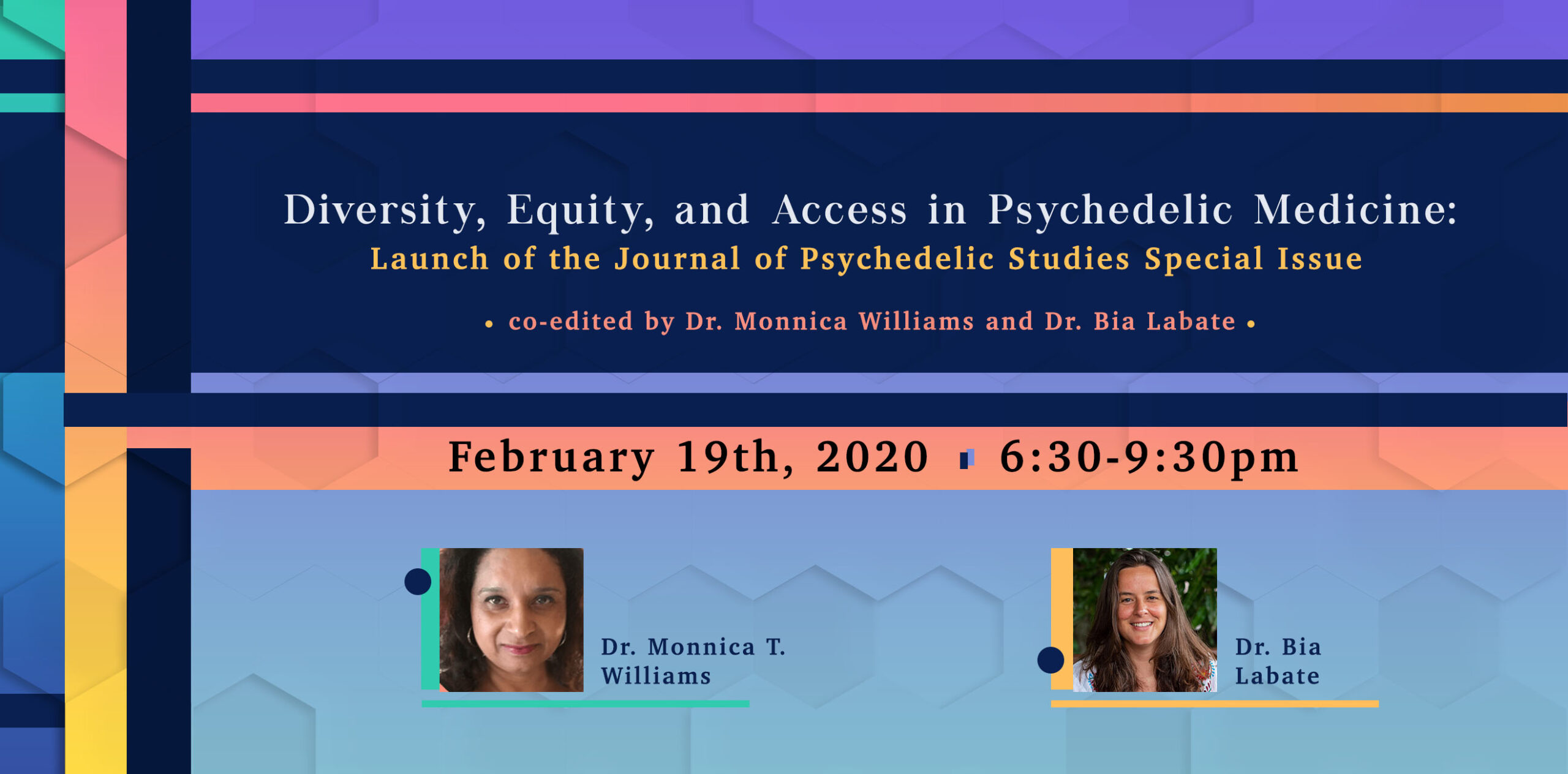- Meet Chacruna at Psychedelic Science 2025 - May 27, 2025
- Psychedelics and Attachment: Fundamentals, Implications, and New Frontiers - May 16, 2025
- Development Outreach Internship (OPEN) - May 6, 2025
Diversity, Equity, and Access in Psychedelic Medicine
Launch of the Journal of Psychedelic Studies Special Issue
February 19th, 2020
6:30-9:00 pm
Location: Brava Cabaret, 2773 24th Street, San Francisco
Tickets here
EARLY BIRD TICKETS NOW ON SALE!
Presented by: Chacruna
Community Partners: San Francisco Psychedelic Society, Sage Institute and Auryn Fund
Join our Meetup Group to stay informed about upcoming local events!
Co-edited by Dr. Monnica Williams and Dr. Bia Labate

Western models of healthcare are beginning to incorporate psychedelic medicine, and attempting to gain their governmental approval as a treatment for a variety of disorders. Research that began 70 years ago has regained momentum in the last decade with hopes of moving towards legalization, greater public acceptance, and helping many who have not been able to find reprieve from other treatment options. Although indigenous cultures around the world have used these medicines for millennia, people of color have largely been excluded from their use in modern medicine. The current models of treatment delivery make it difficult for communities of color to benefit from these medicines, due to cost and other obstacles.
Please join us for an important discussion about these critical issues, led by Dr. Bia Labate and Dr. Monnica Williams. This community forum is organized to celebrate the launch of a special issue of the Journal of Psychedelic Science focused on diversity, equity, and access. There will be an insightful discussion regarding work to date in this area, along with questions and answers. Also included are Kat Conour, MA, LMFT and Genesee Herzberg, PsyD, to discuss the Statement Towards an Ethos of Equity and Inclusion in the Psychedelic Movement published by Chacruna.
See this link for more about the Journal of Psychedelic Studies and a description of the special issue.


Monnica T. Williams is a board-certified licensed clinical psychologist and Associate Professor at the University of Connecticut in the Department of Psychological Sciences and Department of Psychiatry. She is also Clinical Director of the Behavioral Wellness Clinic, where she provides supervision and training to clinicians for empirically-supported treatments. Prior to her move to Connecticut in 2016, Dr. Williams served as the Director of the Center for Mental Health Disparities at the University of Louisville in the Department of Psychological and Brain Sciences. Dr. Williams’ research focuses on African American mental health, culture, and psychopathology, and she has published over 100 scientific articles on these topics. Current projects include the assessment of race-based trauma, unacceptable thoughts in OCD, improving cultural competence in the delivery of mental health care services, and interventions to reduce racism. This includes her work as a PI in a multisite study of MDMA-assisted psychotherapy for PTSD. She also gives diversity trainings nationally for clinical psychology programs, scientific conferences, and community organizations. Dr. Williams is Associate Director of the Chacruna Institute for Psychedelic Plant Medicines.
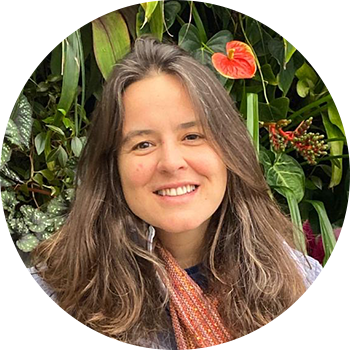
Dr. Beatriz Caiuby Labate (Bia Labate) is a queer Brazilian anthropologist who immigrated to the U.S. in 2017. She has a Ph.D. in social anthropology from the State University of Campinas (UNICAMP), Brazil. Her main areas of interest are the study of plant medicines, drug policy, shamanism, ritual, and religion. She is Executive Director of the Chacruna Institute for Psychedelic Plant Medicines (https://chacruna.net), an organization that provides public education about psychedelic plant medicines and promotes a bridge between the ceremonial use of sacred plants and psychedelic science. She is Adjunct Faculty at the East-West Psychology Program at the California Institute of Integral Studies (CIIS) in San Francisco, and Visiting Professor at the Center for Research and Post Graduate Studies in Social Anthropology (CIESAS) in Guadalajara. She is also Public Education and Culture Specialist at the Multidisciplinary Association for Psychedelic Studies (MAPS). She is co-founder of the Interdisciplinary Group for Psychoactive Studies (NEIP) in Brazil, and editor of NEIP’s website (http://www.neip.info), as well as editor of the Mexican blog Drugs, Politics, and Culture (http://drogaspoliticacultura.net). She is author, co-author, and co-editor of twenty-one books, one special-edition journal, and several peer-reviewed articles (http://bialabate.net).

Kat Conour is a psychotherapist, facilitator, and experiential educator currently being trained in Ketamine Assisted Psychotherapy and with MAPS to become an MDMA for PTSD therapy provider through Sage Integrative. With a background in non-profits, philanthropy, corporate consulting, and community organizing, Kat is passionate about supporting individuals and organizations in the psychedelic community turn their values and vision into aligned action. An Emergent Strategy fangirl, Kat recognizes that a movement is only as strong as the relationships upon which they are built. She currently serves as an Advisor to Auryn Fund which recently launched We Will Call It Pala, and focuses on ensuring that equity, ethics, and accessibility are embedded in practice within the scaling of psychedelic medicines. She also sits on the Advisory Board of the Chacruna Institute for Psychedelic Plant Medicines.
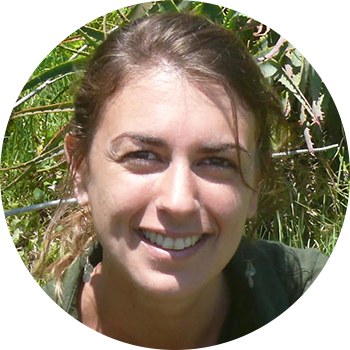
Genesee Herzberg, PsyD is a licensed psychologist practicing in Berkeley, CA. She obtained her doctorate in clinical psychology from the California Institute of Integral Studies, where she was awarded the Kranzke scholarship for her research on the phenomenology and sequelae of MDMA-assisted psychotherapy. In June of 2018, Dr. Herzberg co-founded Sage Integrative Health, a holistic health and psychedelic psychotherapy clinic in Berkeley that offers ketamine-assisted therapy and is preparing to offer MDMA-assisted psychotherapy through the Expanded Access program, once sites have been formally selected. In 2019, Dr. Herzberg co-founded and currently serves as executive director for Sage Institute, a sliding scale ketamine-assisted therapy and community mental health clinic and training center in Oakland. Dr. Herzberg is also a therapist and sub-investigator for MAPS’ MDMA-assisted psychotherapy for PTSD research. She is passionate about increasing the accessibility of psychedelic medicine and supporting the field in moving towards greater inclusivity of diverse and traditionally marginalized voices. She has published several articles on these topics.
Join us at the Psychedelic Liberty Summit
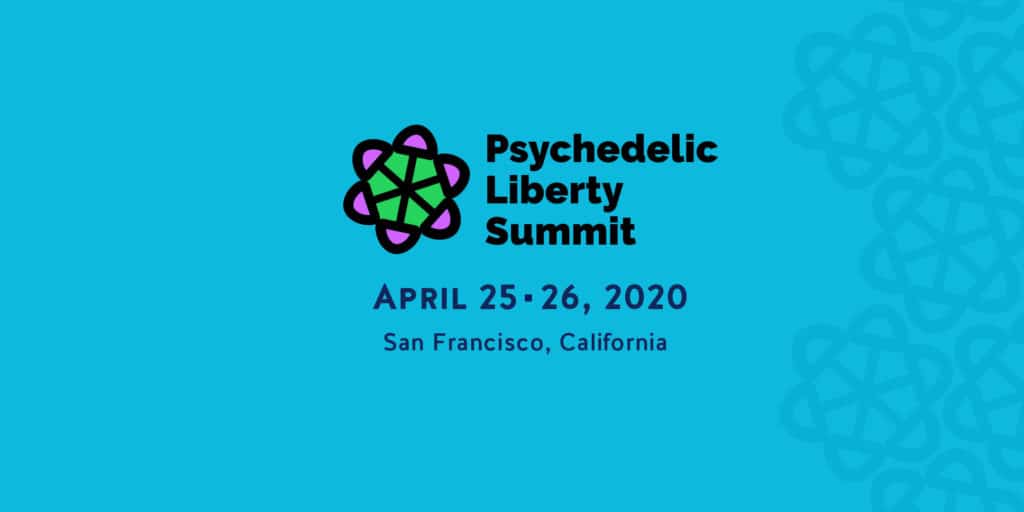
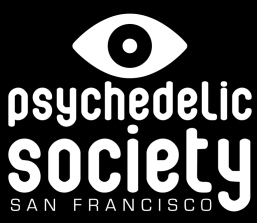
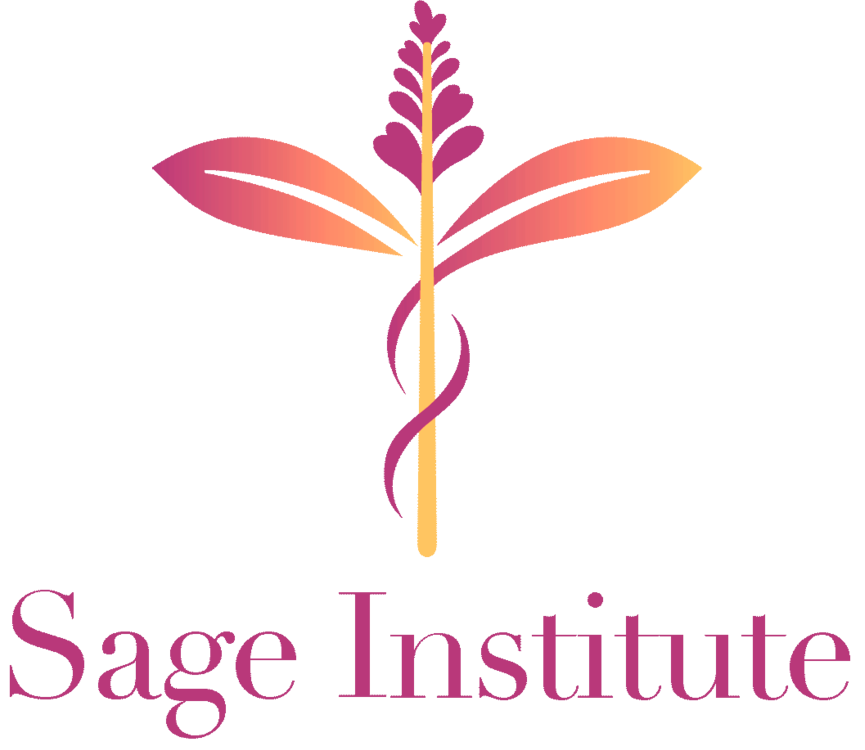
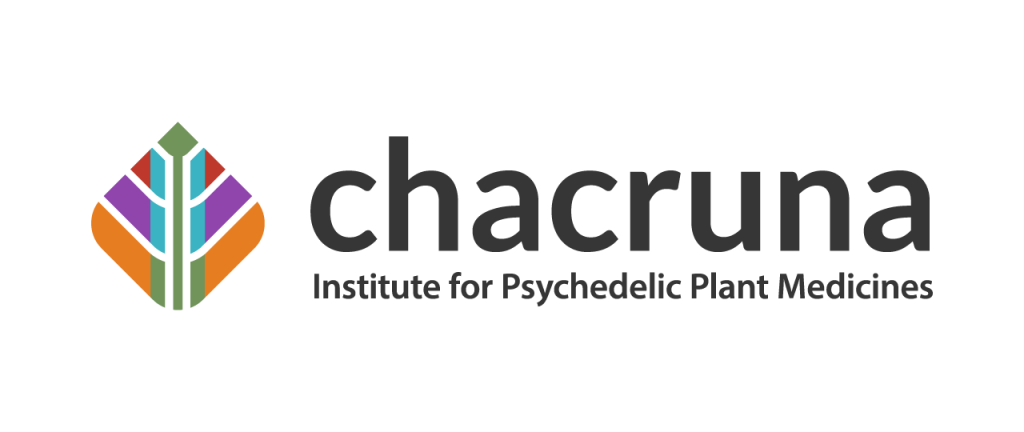

Take a minute to browse our stock:
Did you enjoy reading this article?
Please support Chacruna's work by donating to us. We are an independent organization and we offer free education and advocacy for psychedelic plant medicines. We are a team of dedicated volunteers!
Can you help Chacruna advance cultural understanding around these substances?


